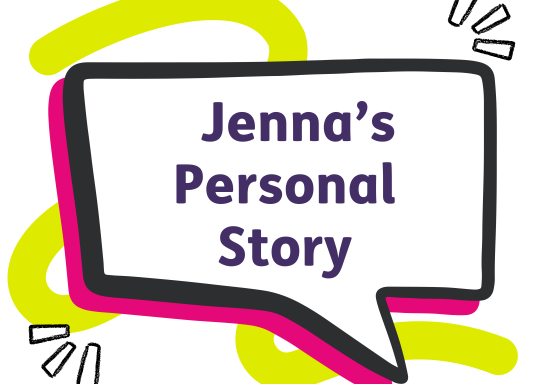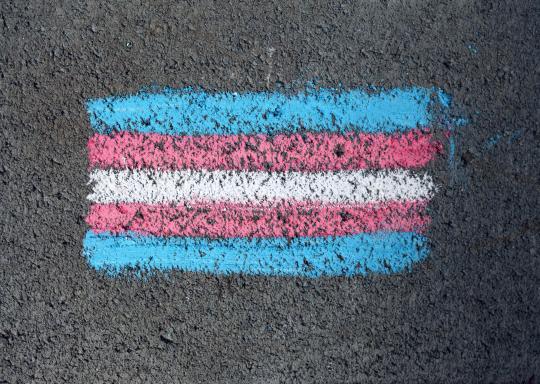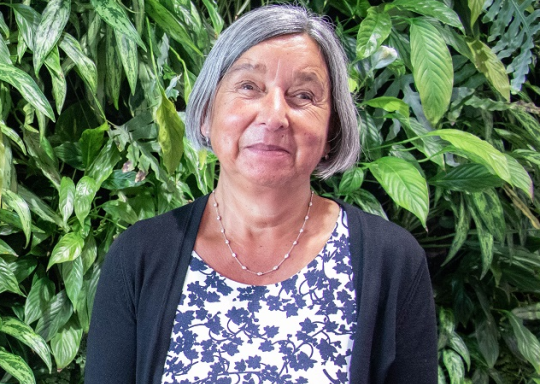Disability Hate Crime rises but only 1% see prosecutions
New stats from the Home Office reveal that disability hate crime has more than doubled in the last four years, yet research by charities highlight that the majority of reports go nowhere.
In the last year alone, disability hate crime has risen by 43%, but only 1% of reports led to prosecution. Leonard Cheshire and United Response found that, out of more than 11,000 reports, 99% of cases went no further after reporting. These numbers came via freedom of information requests to 36 police forces across England and Wales.
Channel 4 and BBC have highlighted victim's individual experiences in light of this new research. Channel 4 spoke with one Disabled individual, Anne, who described her experience of abuse as "insidious" and explained how she had been "assaulted, groped, burgled, spat on" and harassed in her garden, including having bricks thrown at her while she was weeding.
The BBC spoke to PhD student, Cassie, who also highlighted the lack of public interest and care when hate crime takes place. The BBC reported that "two drunk men grabbed her wheelchair and pushed her down the road while making sexual comments. Despite screaming for help, she claims passers-by ignored her. She eventually escaped by rolling her wheelchair into the road."
Bethany Bale, DR UK Policy and Campaigns Officer, said: "The sharp rise in disability hate crime reports is shocking and unacceptable. Disabled people are disproportionately facing abuse and this behaviour is too often being normalised by those around them and those who they report to. Nobody should have to experience being targetted for their identity.
Equally cornerning is the huge disparity between reports and prosecutions. The fact that nearly all reports go no further highlights how Disabled victims are currently being failed by the criminal justice system. This needs to change. Institutionalised bias, a lack of training and awareness, under-resourcing and under-funding, and inconsistencies across hate crime legislation have all led to these shocking statistics. If we are going to see improvements then the government must urgently criminalise disability hate crime, fund and resource appropriate staff training and support services for victims, and the police and CPS must tackle their own internal prejudice."
DR UK have been working with DPOs and allies to create a Disability Hate Crime Charter - which includes recommendations to key institutions on how to tackle the issue. The charter is still a working document as we want to take on board feedback from more Disabled people's led organisations. If you are a Disabled-led organisation currently providing support to disability hate crime victims, or are a third-party reporting centre, and would like to feed into our work on the charter - please email bethany.bale@disabilityrightsuk.org.



